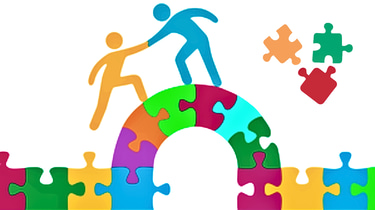Community: We are Better Together!
In an ever-evolving world, the path to a sustainable human future lies in our collective efforts. Only together can we harness our diverse perspectives and experiences, enabling us to navigate the complexities of modern life.
When we unite, we enhance our ability to innovate and adapt, creating the capacity to thrive amidst challenges. Collaboration fosters a deeper understanding of our shared goals and aspirations, allowing us to see beyond individual limitations.
As we work hand in hand, we cultivate a profound sense of community and interdependence, essential for building a brighter future. Embracing our unity, we can transform potential obstacles into opportunities for growth, ensuring that we all flourish in harmony.
Together, we can illuminate the way forward, forging a path that leads to a more resilient and compassionate world.


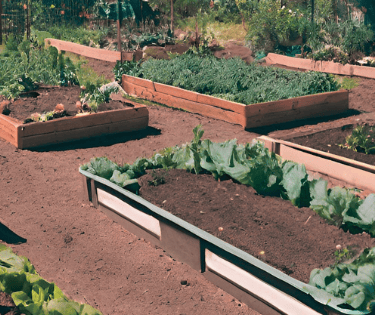

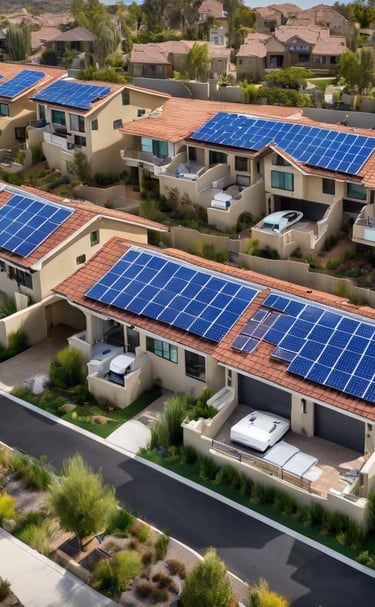



Social Contracts
Thomas Hobbes (1588-1689) proposed that a society without rules and laws to govern our actions would be a dreadful place to live.
The concept of a social contract plays a fundamental role in political philosophy, representing the agreement between citizens and their governing bodies regarding rights and responsibilities.
This model can manifest in various forms, whether written or verbal, and influences numerous aspects of daily life. From the rules set by homeowners associations to the regulations tied to a driver's license and even the principles outlined in the U.S. Constitution, social contracts shape our societal interactions.
However, despite their ubiquity and significance, these agreements are rarely taught to children in a straightforward manner. Teaching young learners about social contracts could empower them to understand their rights and duties within their communities, fostering an informed and engaged citizenry.
By making this knowledge accessible, we can enhance the appreciation of the social agreements that govern our lives and promote a more cohesive society.
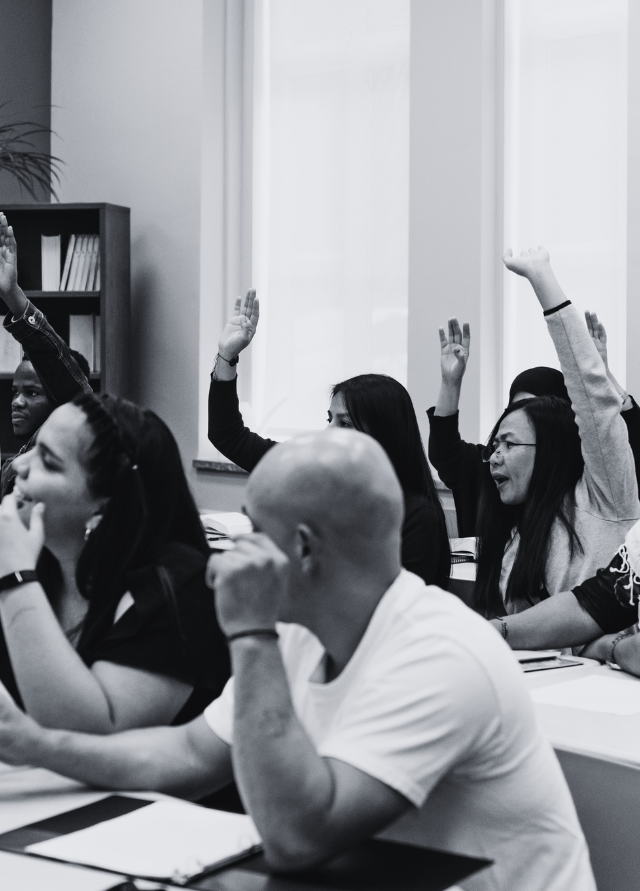

Building Perspective
Provide a short summary of your recent projects, highlighting the most important things.


The Constitution Beyond Politics
The U.S. Constitution serves as the fundamental social contract between the citizens and their government, outlining the principles that allow us to coexist harmoniously.
As the master document on which all state constitutions are based, it defines the structure and function of government while emphasizing the rights and responsibilities of the people. Importantly, it is a living document, intended to evolve with societal changes to remain relevant.
While representation is a key aspect of its framework, the current political landscape often strays from the original intent of unity and collaboration. Rather than viewing politics as mere teams to support, we must recognize the Constitution’s role as a guiding force in our daily lives, for better or worse, reminding us of our collective responsibility to uphold its ideals.
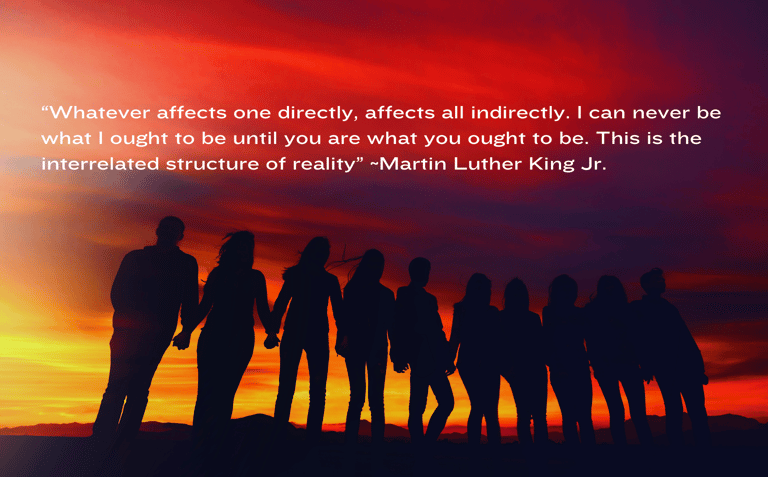

Focusing on Human Need
In a world often divided by cultural differences, emphasizing our shared human needs can serve as a unifying force. By concentrating on the fundamental necessities that bind us—such as food, water, power, and shelter—we can bridge gaps and foster meaningful connections.
When we recognize that, despite our diverse backgrounds, we all seek safety, nourishment, and community, we create a foundation for empathy and understanding. This shift in focus encourages collaboration and compassion, allowing us to rise above distractions and divisive narratives.
Ultimately, embracing our common humanity not only enriches our lives but also empowers us to work together towards a more inclusive and harmonious future.
What we do!
Resilient ecosystems play a crucial role in fostering both community and individual resilience. At the heart of this movement lies education, which empowers individuals with knowledge about resiliency practices and the importance of resilient community. By understanding the interconnectedness of communities can work together to create a more human and resilient environment.
Additionally, these ecosystems facilitate connections among community members, and other communities, encouraging collaboration and shared responsibility for local resources. Through workshops, community projects, and hands-on experiences, people learn not only about ecological principles but also about the value of social bonds. This dual focus on education and connection cultivates a sense of belonging and collective action, ultimately driving a movement toward a more resilient and thriving future for all.
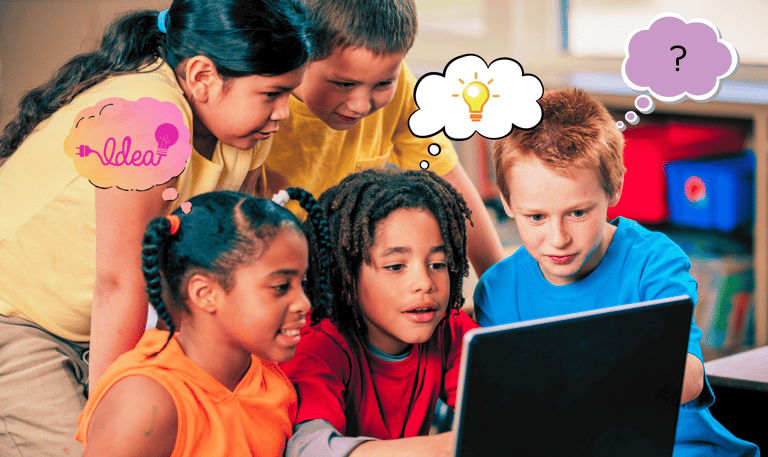

Educate
Education, within the confines of our conventional systems, serves as a powerful mechanism for upholding the status quo, often leading us to accept misleading narratives about our essential needs. In contrast, Resilient Ecosystems redefines education by addressing the shortcomings of traditional learning. We prioritize perspective, observation, and active listening, initiating a process of unlearning to establish a more profound understanding of the world around us. This foundation paves the way for meaningful education that encompasses communication, engagement, and de-escalation techniques. By exploring subjects such as philosophy, humanity, history, and psychology, we foster deeper connections and empathy among individuals. Furthermore, we focus on skill development in grassroots networking and understanding human needs. While this approach represents only the beginning, every transformative journey commences with that crucial first step toward greater awareness and connection.


Connect
The impact of COVID-19 has starkly exposed and deepened the fractures in a culture that was already struggling to foster genuine human connections. What was once challenging in 2019 has now become exponentially more difficult, as fear has emerged as a significant divider, isolating individuals and communities. To navigate this new reality, it is essential that we relearn and prioritize our innate need for connection. Without this vital skill, our future risks becoming increasingly insecure and devoid of the human touch that sustains us. At the heart of Resilient Ecosystems lies the commitment to making, building, and maintaining these crucial human connections, reminding us that our strength as a society relies on our ability to come together and support one another in the face of adversity.
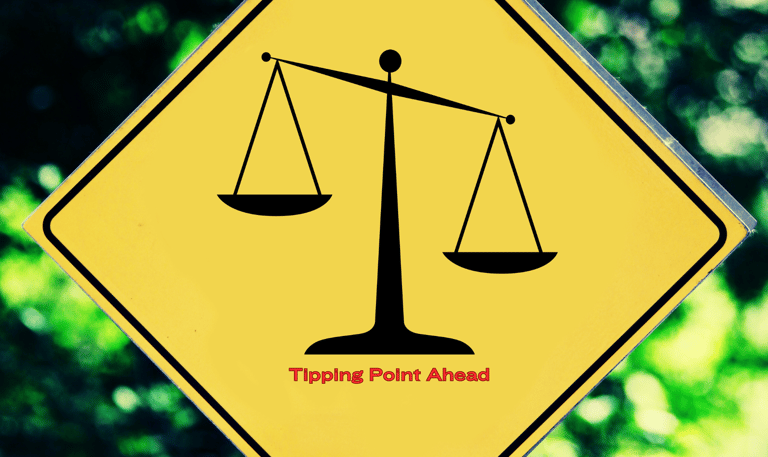

Tipping Points
Margaret Mead's insightful quote, "Never doubt that a small group of thoughtful committed individuals can change the world. In fact, it's the only thing that ever has," encapsulates the essence of the theory of tipping points. Numerous studies indicate that when 16 to 25% of a population adopts a new behavior or belief, a ripple effect can occur, leading to widespread change.
By targeting a critical mass of just 20%, we can harness the power of collective action. Imagine the impact when 20% of individuals embrace a path of connection and resilience; this pivotal group can inspire others to join, creating a movement that ultimately influences the majority. Such transformation underscores the power of small, dedicated groups to catalyze significant societal shifts, proving that impactful change often begins with just a few committed individuals.
The Resilient Community Movement
In today's ever-changing world, the importance of fostering resilience within neighborhoods and communities cannot be overstated. By facilitating connections among residents, we empower individuals to share their stories and experiences, creating a strong support network. This collaborative spirit not only enhances the well-being of community members but also amplifies their voices, ensuring that their unique human needs are recognized and addressed.
Contact and Connect
info@reseco.org
© 2024. All rights reserved.
